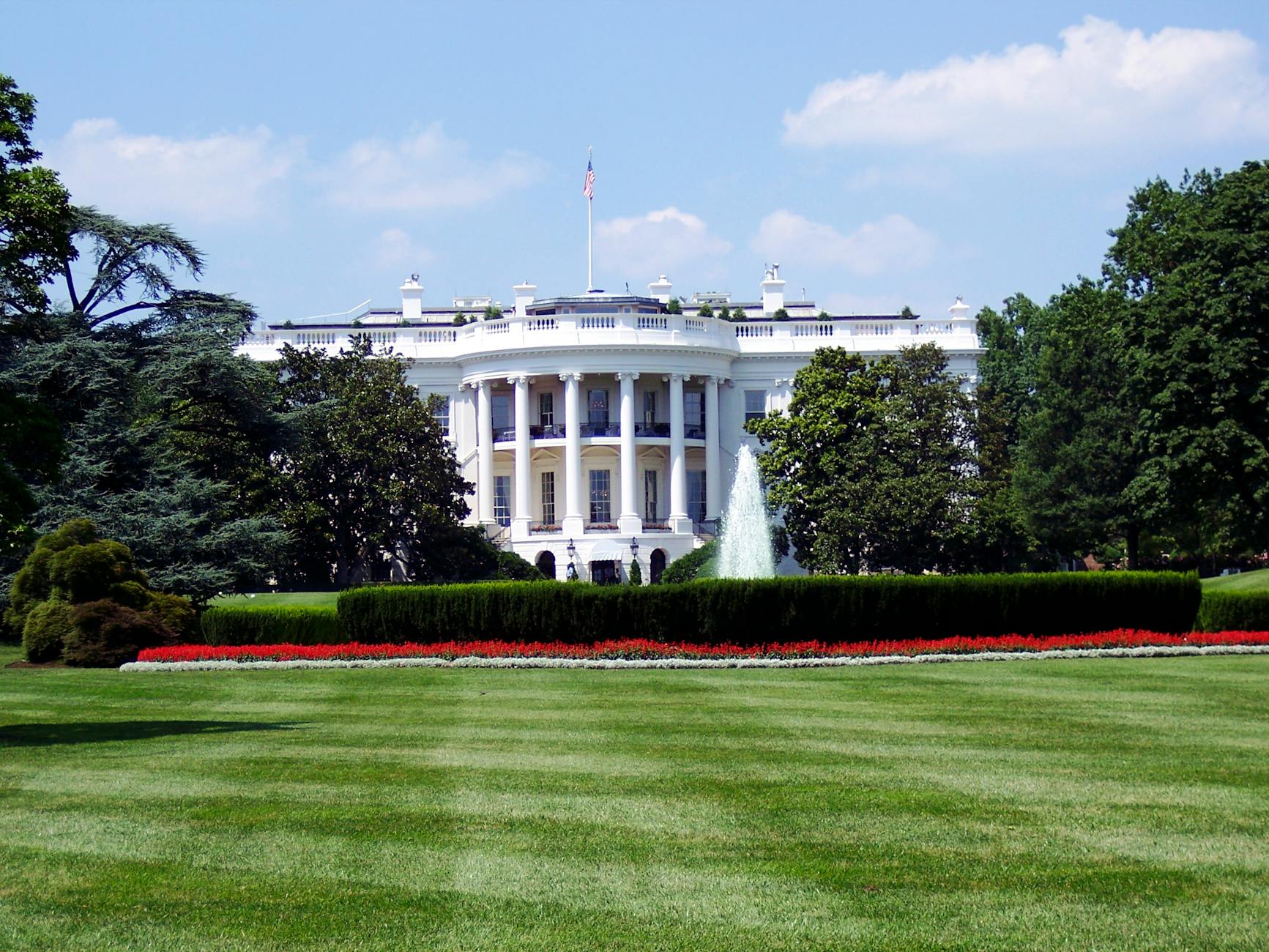Integrating ethical considerations into the work of government AI engineers presents a formidable challenge, stemming from the field’s inherent complexity and engineers’ inclination towards concrete guidelines. This issue took center stage at the recent AI World Government conference in Alexandria, VA, where experts explored the evolution of AI standards and ethical frameworks.
Beth-Ann Schuelke-Leech, an associate professor at the University of Windsor, underscored the difficulty in translating abstract ethical concepts into tangible constraints for engineers. “Engineers often perceive ethics as an ambiguous area,” she noted, emphasizing the imperative for clear-cut rules and standards that resonate with project objectives and compliance mandates.
Sara Jordan, senior counsel at the Future of Privacy Forum, echoed this sentiment, characterizing AI ethics as inherently “messy and difficult,” while advocating for “repeatable, rigorous thinking in context.” Jordan and Schuelke-Leech both emphasized the need for closer collaboration between social scientists and engineers to ensure the embedding of ethical principles into AI development from the initial stages.
The conference also showcased efforts to integrate ethics into AI practices within institutions like the US Naval War College. Ross Coffey, a military professor, highlighted the increasing ethical awareness among students as they confront real-world ethical dilemmas. Carole Smith, a senior research scientist at Carnegie Mellon University, emphasized the need to demystify AI and manage user expectations, referencing Tesla’s Autopilot system as an example.
Taka Ariga, the chief data scientist at the US Government Accountability Office (GAO), identified a gap in AI literacy among younger government employees, advocating for data scientist training programs that emphasize ethical considerations.
The panel acknowledged the hurdles in harmonizing AI ethics principles across different countries but emphasized the importance of establishing common ground on prohibited AI applications and responsibilities. They praised the European Commission’s leadership in AI ethics enforcement. Despite the current abundance of AI ethics frameworks, panelists, including Alison Brooks, PhD, of IDC, expressed optimism about a future convergence, envisioning a coalescence of ideas in the coming years.
Photo by Aaron Kittredge on Pexels
Photos provided by Pexels
